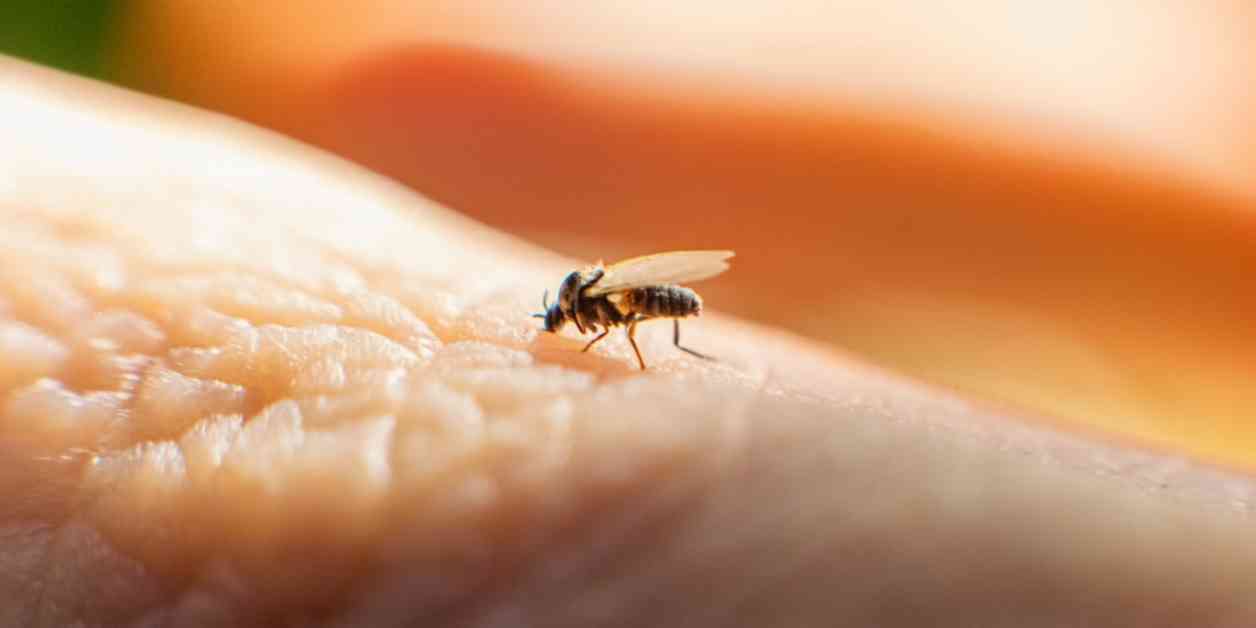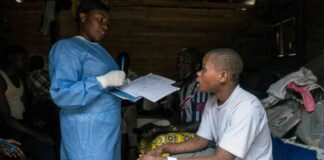The Pan American Health Organization has raised an alert for Latin America due to a surge in cases of the Oropouche virus, a disease transmitted by midges and mosquitoes. The alert was issued after the first deaths linked to the virus were reported, including fetal deaths possibly caused by vertical transmission from mother to child during pregnancy. The confirmed cases of Oropouche in the Americas have reached 8,078, with two fatalities, mainly in Bolivia, Colombia, Cuba, Peru, and Brazil.
In Brazil, the country with the highest number of confirmed cases, two young women aged 21 and 24 have died from the virus. These women experienced sudden symptoms such as fever, muscle aches, headaches, and vomiting before their deaths. Brazil has reported 7,284 confirmed cases, comprising 90% of all cases in the Americas and a significant increase from the previous year.
Additional cases under investigation in Brazil include fetal deaths, miscarriages, and newborns with microcephaly, a condition where a baby’s head is smaller than normal, also associated with the Zika virus. Health officials in Brazil detected Oropouche genetic material in umbilical cord blood and organ tissue from affected mothers and newborns, raising concerns about mother-to-child transmission of the virus.
The U.S. Centers for Disease Control and Prevention is collaborating with PAHO to further investigate the risks of Oropouche during pregnancy. Currently, there are no vaccines or specific antiviral drugs to prevent or treat Oropouche infections, and treatment focuses on managing symptoms. The symptoms of Oropouche virus are similar to dengue and may include headaches, fever, muscle aches, nausea, vomiting, and sensitivity to light, with severe cases potentially leading to swelling of brain and spinal cord tissues.
In some patients, symptoms may also present as rash, bleeding, and vomiting. The incubation period for the virus is four to eight days after being bitten, with symptoms lasting three to six days but the infection persisting for up to three weeks. The CDC is actively monitoring the situation and working to gather more information about the virus and its potential impact on public health.
Nicole Acevedo, a reporter for NBC Latino, brings attention to the growing concern over the Oropouche virus outbreak in Latin America. Stay informed about the latest developments by signing up for the NBC Latino weekly newsletter.

















